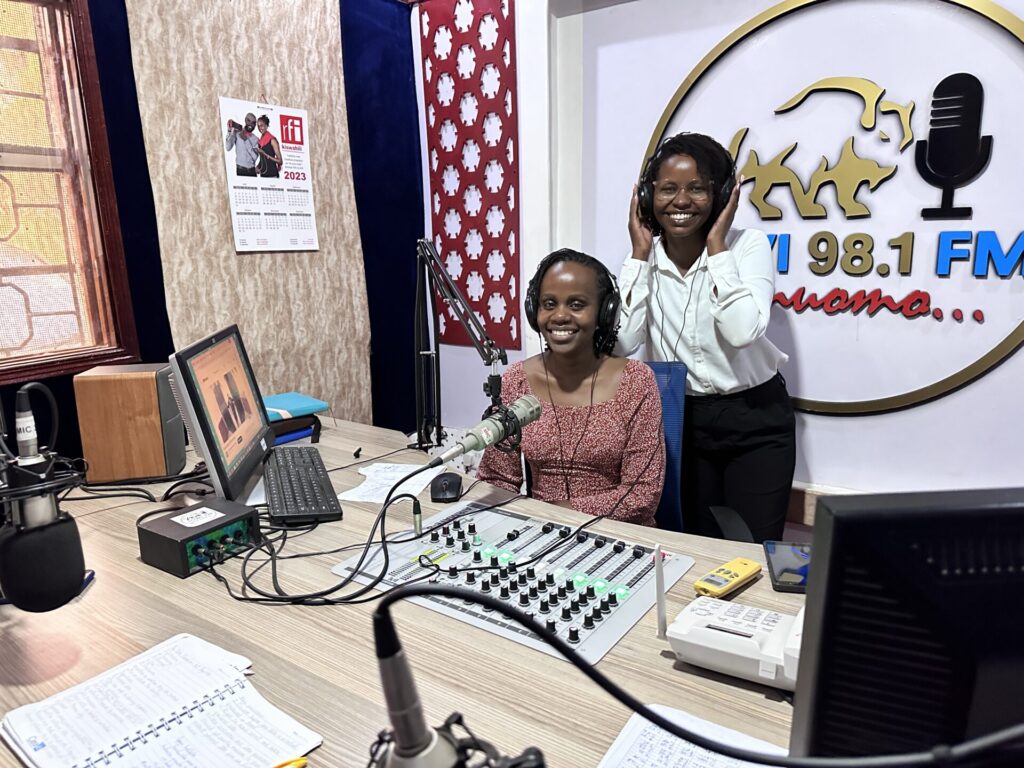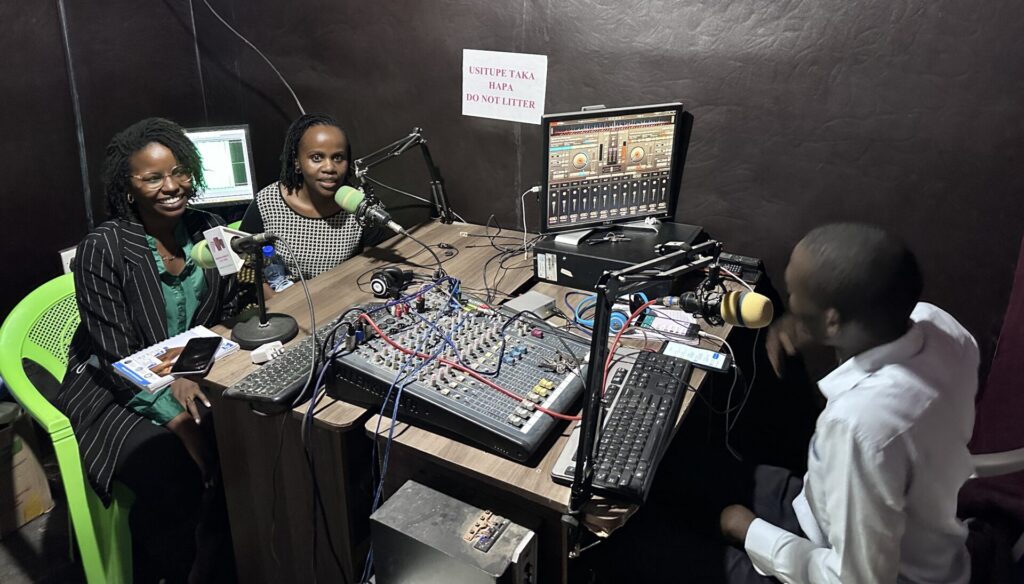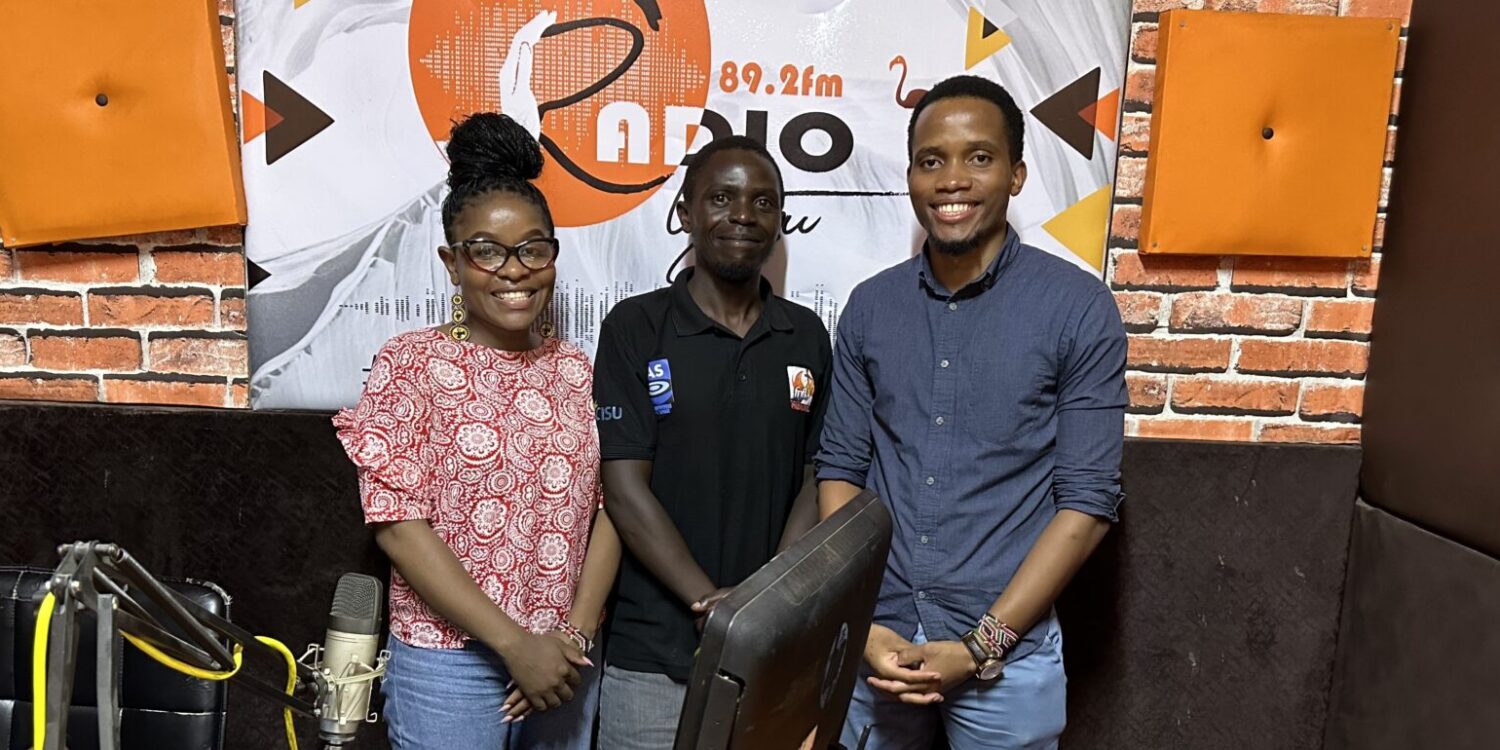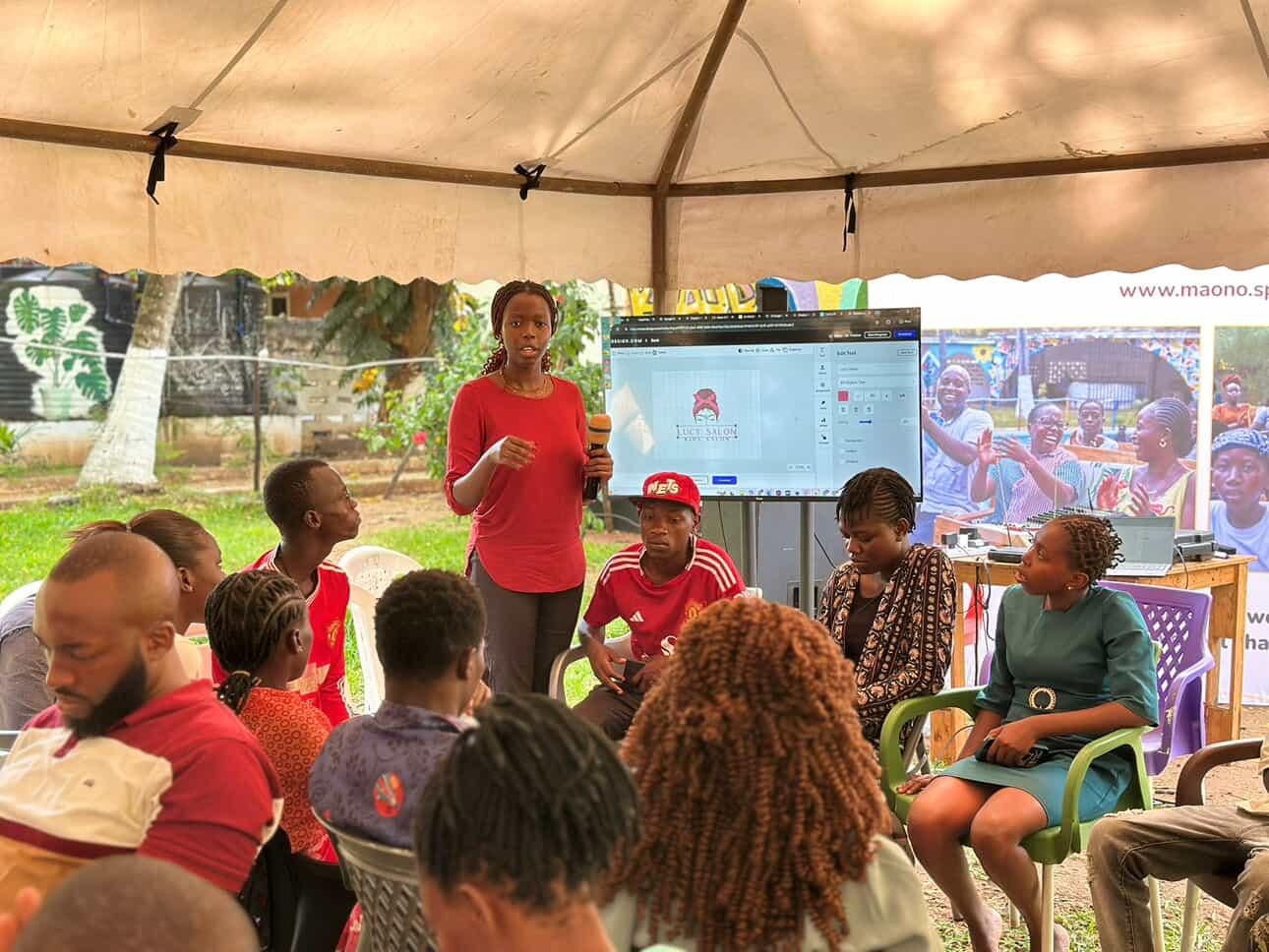We launched the #FichaUchi campaign to raise awareness about the inadvertent exposure of personal information among Kenyan citizens. Through a series of talk shows broadcasted on community radios across nine counties in Kenya, we sought to shed light on data protection and educate citizens with knowledge about their rights.
The discussions touched on various facets of data protection, uncovering common scenarios of scams and expounding on the sources of personal data exploitation. Listeners were prompted to ponder over questions such as, “Where do these people get our contacts?” as they were guided through understanding the distinctions between personal and sensitive data and how this data can be used to cause harm.

One of the key revelations from the radio shows was the prevailing lack of awareness regarding existing legislation such as the Data Protection Act of Kenya and the role of the Office of the Data Protection Commissioner (ODPC) in safeguarding citizens’ data rights. Many participants expressed a sense of helplessness, believing that knowledge of data rights wouldn’t necessarily empower them to protect their personal information, fearing repercussions such as denial of access to essential services.
However, the engagement with community radios proved to be a pivotal avenue for bridging this awareness gap. By directly addressing listeners’ questions and concerns, the Open Institute was able to demystify the complexities surrounding data protection and empower individuals with actionable insights. In Embu, for instance, the listenership of the radio station ranges from young people to the elderly. It was quite disconcerting to hear of the scams some of the elderly people had faced, people we consider a vulnerable group because they are not very familiar with technology. In such areas, it’s common for grandparents to entrust personal information to their grandchildren when sending them to withdraw money from mobile money agents, funds often received from their children in urban areas. This practice exposes them to risks, as unscrupulous agents could exploit their data for fraudulent activities or manipulate them into parting with their resources through social engineering tactics.

These radio discussions served as a catalyst for broader conversations within communities on the importance of safeguarding personal data. Some of the questions leaned more towards cybersecurity; such as how to change passwords, and issues such as two factor authentication on social media platforms such as Facebook, however, these topics couldn’t always be fully addressed during live calls with listeners. Still, these engagements revealed the need for more awareness especially in the rural areas, since most of the community radios reach quite a number of rural communities.
It was also interesting to note that while a digital campaign is impactful, radio engagements provide real-time interaction with our audiences. Having our listeners calling in and hearing their views, answering their questions, and understanding their situations in the moment was very valuable. This direct engagement is definitely something we plan to incorporate in the current third phase of the campaign, and we are keen to gather more insights from our audiences on the issue of data protection.

The success of the radio engagement demonstrates the importance of localized approaches in disseminating information about data rights. By meeting people where they are, both geographically and culturally, we can effectively amplify awareness and drive meaningful change at the grassroots level. As we continue to implement the #FichaUchi campaign, we are excited to champion the cause of data rights, helping citizens to take control of their digital footprint and advocate for responsible data practices.













